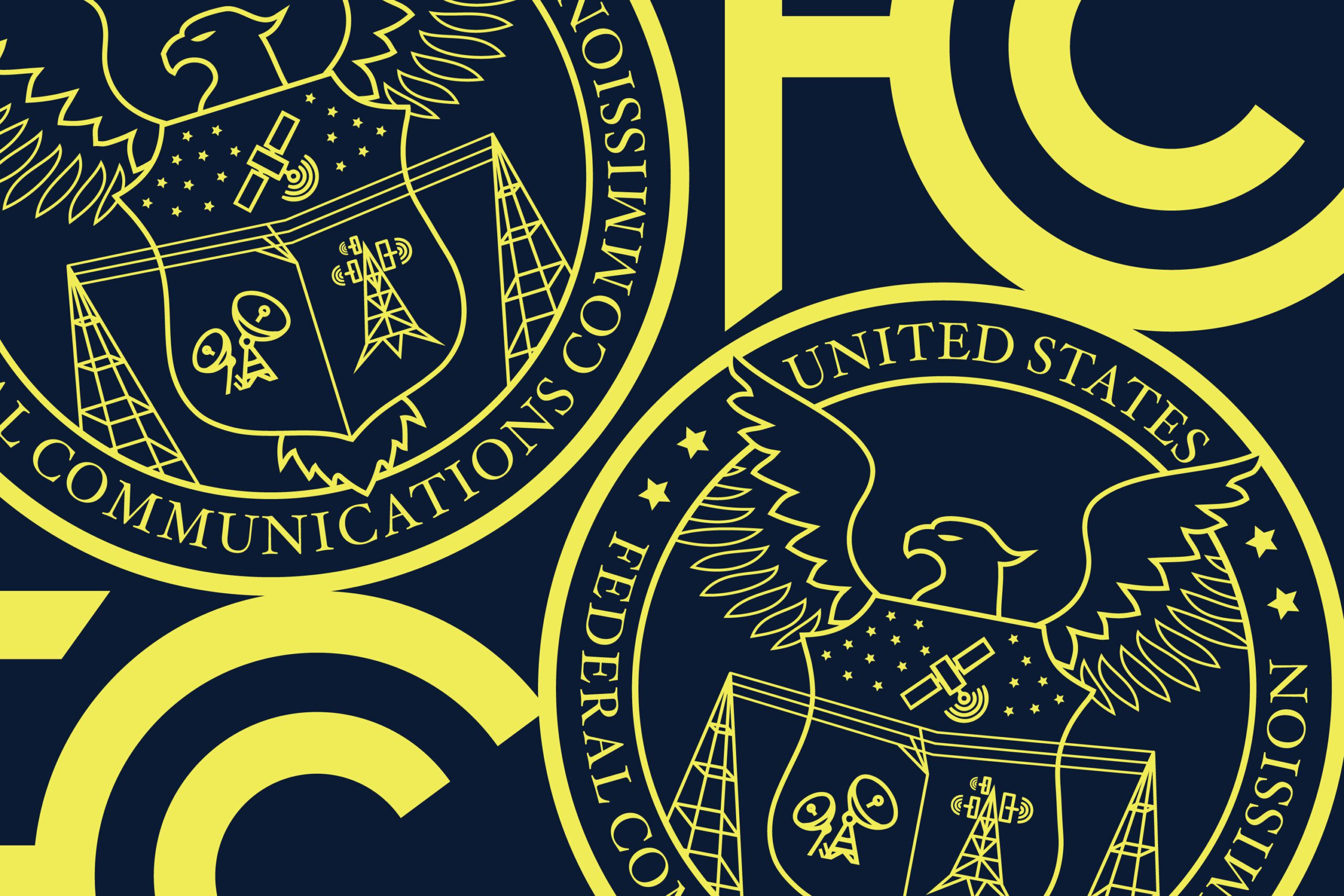
the government shutdown is delaying new gadgets The ongoing government shutdown is causing significant delays in the launch of new tech gadgets in the United States, affecting both manufacturers and consumers alike.
the government shutdown is delaying new gadgets
Impact of the Government Shutdown on Tech Product Launches
The current government shutdown, which began on October 1, 2023, has led to a partial closure of various federal agencies, including the Federal Communications Commission (FCC). This situation has resulted in a backlog of product approvals that are essential for tech companies to bring their new devices to market. As a consequence, numerous tech products that are fully packaged and ready for sale are unable to launch as planned.
Specific Cases of Delayed Products
Several prominent tech companies have already reported delays due to the FCC’s inability to process necessary approvals. For instance, Leica, a well-known manufacturer of high-end cameras, announced earlier this month that it would be postponing the launch of its M EV1 camera. The delay is attributed to holdups in receiving the required clearance from the FCC, which is responsible for ensuring that electronic devices meet regulatory standards.
Similarly, the WiiM Sound audiophile speaker, which has already begun shipping in international markets, has been put on hold for its U.S. release. The company has cited the same issue with FCC clearance as the reason for the delay. This situation is particularly frustrating for consumers who have been eagerly awaiting the arrival of these products in the U.S. market.
Razer, a prominent gaming hardware manufacturer, is also feeling the effects of the shutdown. The company has delayed the U.S. availability of its Raiju V3 Pro wireless controller, stating that it is currently waiting on clearance from the FCC. This delay not only impacts Razer’s sales but also affects gamers who are looking forward to utilizing the latest technology in their gaming setups.
The Broader Implications for the Tech Industry
The delays experienced by these companies are not isolated incidents. Numerous other devices are likely facing similar challenges due to the FCC’s inability to process approvals during the shutdown. As the shutdown continues, the backlog of products awaiting clearance is expected to grow, potentially leading to more widespread delays across the tech industry.
This situation raises concerns about the overall impact on consumer electronics sales, especially during a critical time of year. The holiday season is approaching, and many tech companies rely on this period to boost their sales figures. Delays in product launches could result in lost revenue and missed opportunities for companies that are unable to deliver their latest innovations to consumers in a timely manner.
Understanding the Role of the FCC
The Federal Communications Commission plays a vital role in the tech industry by regulating communications and ensuring that electronic devices comply with federal standards. The agency is responsible for granting approvals for new devices, which is essential for their legal sale and use in the United States. When the FCC is operating normally, companies can expect a relatively streamlined process for obtaining the necessary approvals.
However, during a government shutdown, the FCC’s operations are significantly hampered. With a reduced workforce, the agency is unable to process applications and approvals at its usual pace. This slowdown can create a ripple effect throughout the industry, affecting not only manufacturers but also retailers and consumers.
Stakeholder Reactions
The response from stakeholders in the tech industry has been one of frustration and concern. Manufacturers are particularly anxious about the potential financial impact of delayed product launches. Many companies invest substantial resources into developing new technologies, and delays can lead to increased costs and lost sales opportunities.
Retailers, too, are feeling the pinch. With the holiday shopping season approaching, they rely on a steady flow of new products to attract customers. Delays in product availability can lead to reduced foot traffic and lower sales during a critical time for the retail sector.
Consumers are also expressing their disappointment. Many tech enthusiasts eagerly anticipate the release of new gadgets, and delays can lead to frustration and dissatisfaction. In an age where technology is rapidly evolving, consumers often expect timely access to the latest innovations.
Potential Solutions and Future Outlook
As the government shutdown continues, industry experts are calling for a resolution to the situation. Some stakeholders are advocating for temporary measures that would allow the FCC to resume processing approvals, even with a reduced workforce. This could help alleviate some of the backlog and allow companies to launch their products more quickly.
In the long term, the tech industry may need to consider alternative strategies to mitigate the impact of future government shutdowns. This could include diversifying supply chains, investing in more robust compliance processes, or even advocating for legislative changes that would streamline the approval process during times of government instability.
The Importance of Regulatory Stability
The current situation underscores the importance of regulatory stability for the tech industry. Companies thrive in environments where they can predictably navigate the regulatory landscape. When disruptions occur, such as a government shutdown, the consequences can be far-reaching and detrimental to both businesses and consumers.
Moreover, the tech industry is characterized by rapid innovation and competition. Delays in product launches can hinder a company’s ability to stay ahead of its competitors, particularly in a market where consumer preferences can shift quickly. As such, maintaining a stable regulatory environment is crucial for fostering innovation and ensuring that consumers have access to the latest technologies.
Conclusion
The ongoing government shutdown is having a tangible impact on the tech industry, delaying the launch of new gadgets and creating a backlog of products awaiting FCC approval. As companies like Leica, WiiM, and Razer navigate these challenges, the broader implications for the industry become increasingly clear. Stakeholders are expressing frustration, and the potential for lost revenue during the holiday season looms large. Moving forward, the need for regulatory stability and a more resilient approach to compliance will be essential for mitigating the impact of such disruptions in the future.
Source: Original report
Was this helpful?
Last Modified: October 28, 2025 at 5:36 pm
0 views















